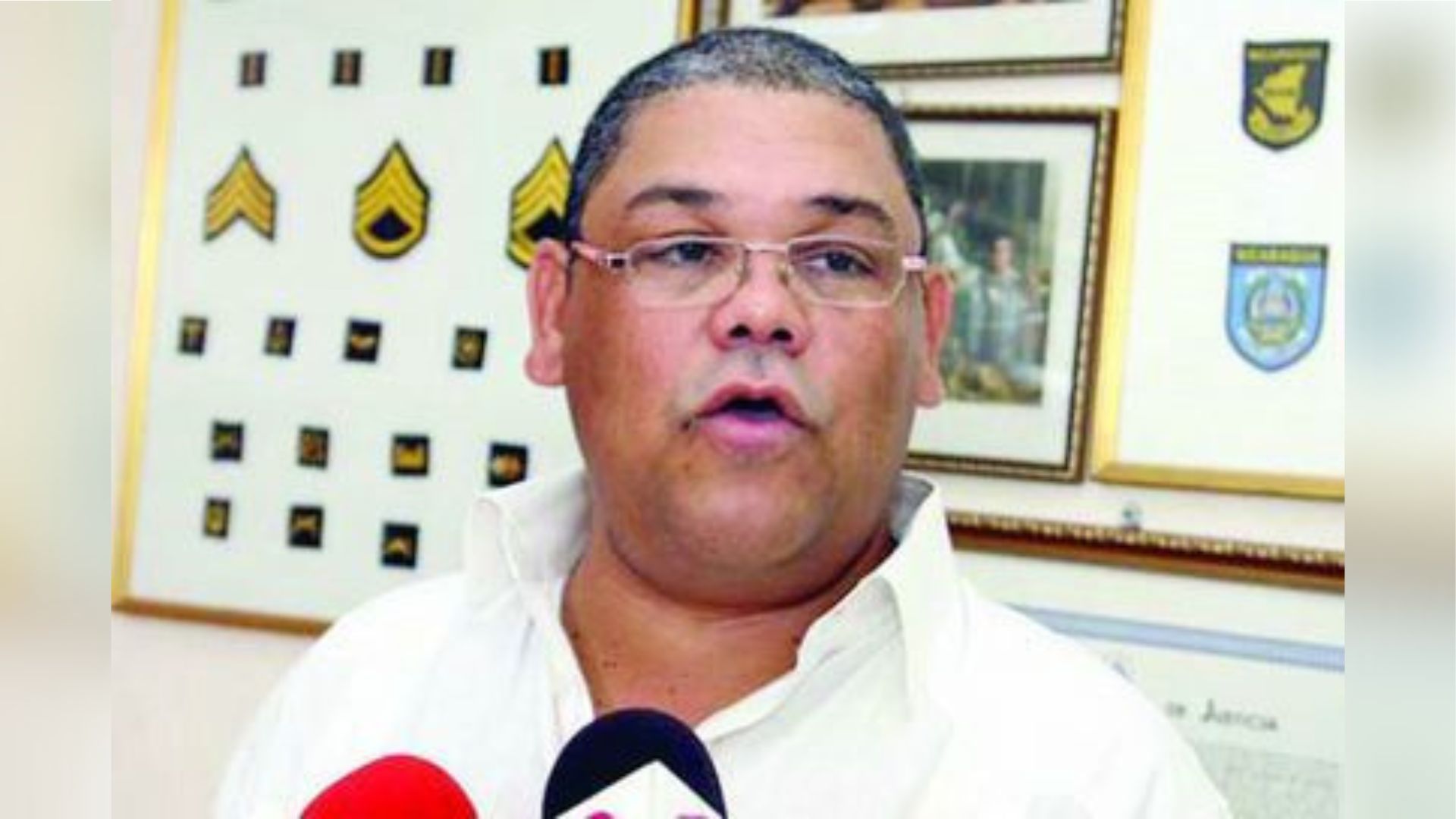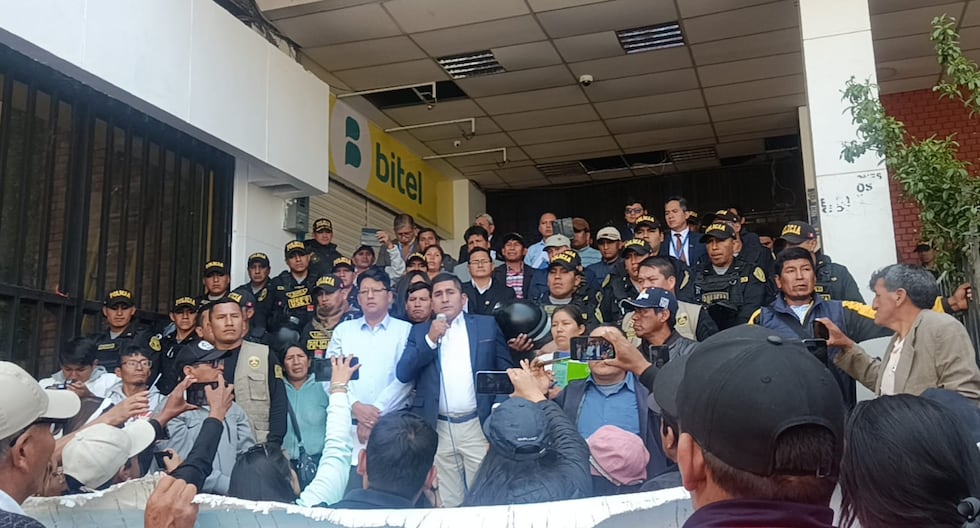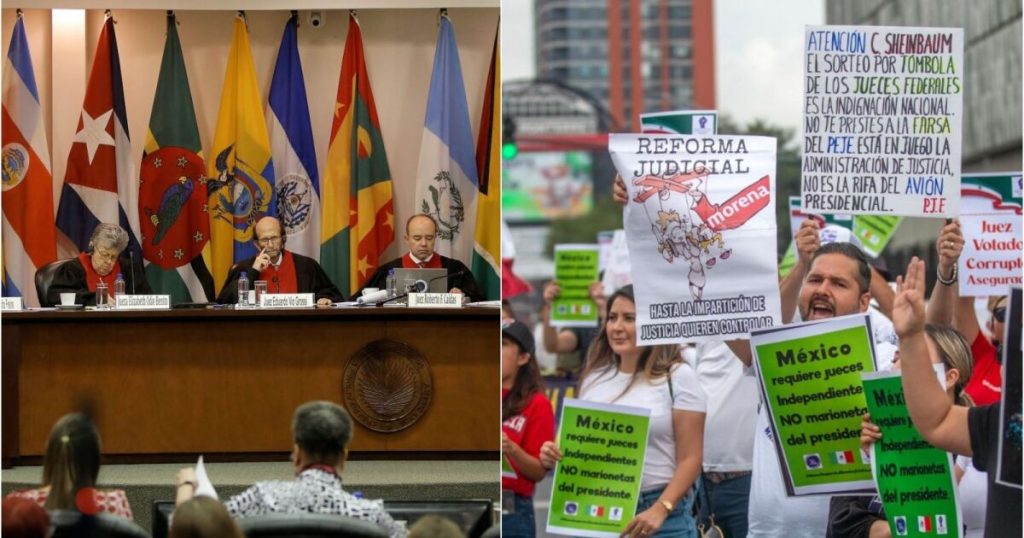The Mechanism for the Recognition of Political Prisoners, according to a press release released this week, added retired Colonel Víctor Boitano as political prisoner number 46, reported missing since April 24, after returning from Italy to Nicaragua. .
After the release and banishment of 135 prisoners of conscience, on September 5, the Mechanism’s list only recognized 45 political prisoners: 37 men and 8 women.
The organization said that Boitano’s inclusion on this list “reflects the state of terror that has led to self-censorship in Nicaraguan society, forcing many to remain silent in the face of arbitrariness.”
Boitano had returned to Nicaragua for ten months, after spending almost five years in Italy, a European country that also welcomed him as a national.
The former military man decided to return to Managua to reunite with his family and attend his daughter’s graduation. He had problems until April of this year, when at least 10 plainclothes police officers, according to independent media reports, came to take him out of his house.
Related news: IACHR grants precautionary measures to nine political prisoners in Nicaragua
Boitano was an Army colonel in the 80s. Although he contributed to the Sandinista Revolution, he made his political life with the liberals, even running in the 2011 elections as a deputy for the Nicaraguan Liberal Alliance (ALN).
Boitano’s wife, Eugenia Valle, in an interview with independent media, pointed out that the arrest of her partner is linked to possible retaliation for the books he wrote more than 10 years ago, especially the one related to the death of Alexis Argüello. which was titled: “Alexis Argüello: The mystery of his death.”
Dora Argüello, daughter of the Nicaraguan boxer Alexis Argüello, has repeatedly denounced—contrary to the official version that in July 2009 called it suicide—that the murder of his father remains unpunished and it occurred “by orders of the terrorist government of Daniel Ortega.”
Nine people in a situation of forced disappearance
The Mechanism for the Recognition of Political Prisoners, in addition to adding the case of Boitano, pointed out that the Ortega dictatorship has varied the types of crimes applied to these groups of people arbitrarily and illegally detained.
Related news: IACHR denounces detention conditions in Nicaragua and calls for the release of political prisoners
“This change in the nature of criminal charges points to a sophistication of repression tactics, expanding the scope of accusations to further stigmatize and delegitimize victims,” the document states.
Furthermore, it warns that the practice of forced disappearances “continues to be an alarming reality in Nicaragua, with nine missing people whose whereabouts have been hidden, plunging families into uncertainty and the anguish of not knowing their fate.”
The organization concluded the letter by urging the international community to “maintain vigilance over the human rights situation in Nicaragua and demand the cessation of repressive practices that affect thousands of citizens.”
















